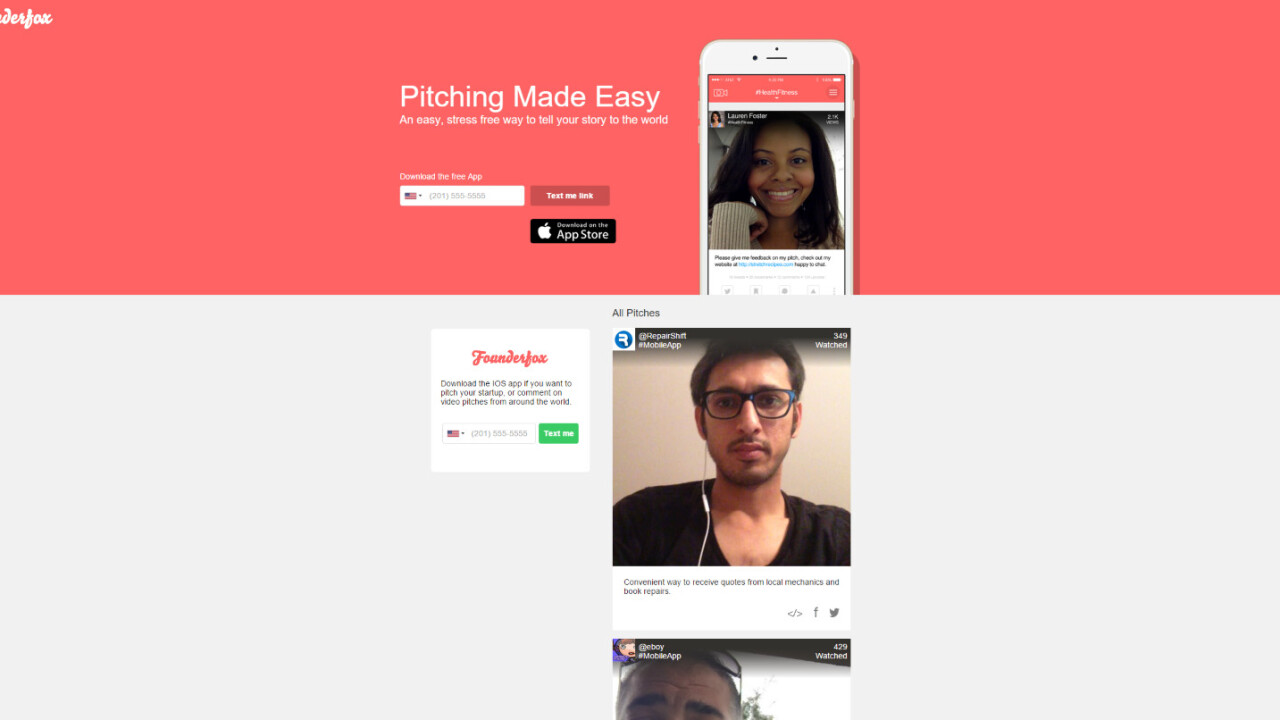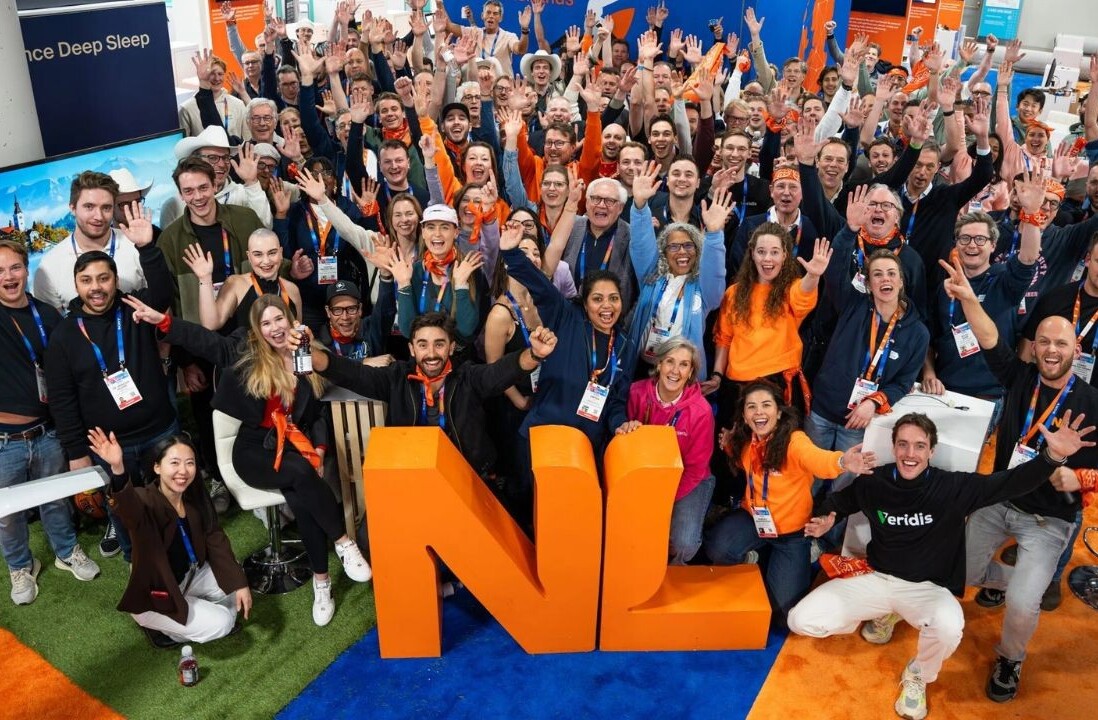
I’ve wasted way too long today looking at Founderfox’s low-rent, self-service pitch platform, but I find the videos – of people pitching while sitting in cars, stood around in the park, wherever they like – strangely compelling in a tech world dominated by high-budgets.
As well as receiving a lot of pitches via email (and wasting my days scouring the internet), I’ve also been to a lot of accelerator pitch days. The format is always pretty familiar: ‘come and see our latest crop of startups pitching to investors in the hopes they can keep the dream of running their company alive.’
Sometimes you get variations on that theme – ‘Hey, we’ve got a room full of investors ready to pitch at an audience of startups’ – but ultimately, the events are about putting ideas in front of huge walking, talking bags of money. In some cases, the startup founder’s desire to work with a specific individual might be genuine, but in most cases it feels like any cash is welcomed, as well it might be.
Given the potential money to be made on both sides of this equation, it’s little surprise that walking into a Techstars pitch day feels very much like walking into a Seedcamp or Wayra pitch event, which in turn doesn’t feel all that different to sitting through a smaller organization (like Ignite)’s event.

On the surface of things, this might not seem like such a bad thing, but it ends up as the whole roadshow coming across as a linear ‘game’ to be won or lost:
Level one, you need your idea and your MVP. Getting to this stage might take a small amount of cash from friends and family, but you’ve got a good idea! Lots of long days and late nights ahead.
The next step is to get on a reputable accelerator program, right? To build a more workable, scale-able version of your product and grow your network of contacts. In startup land, contacts are king, everyone knows that.
You’ve built a small team and have a demo up and running. It’s not exactly what you’d call stable under heavy load but it works. You’ve come a long way, and your time in the accelerator is coming to an end. You know that you need cash and customers to continue playing the game.
You’ve worked on your pitch deck, you’ve been through the whole presentation 100 times. You’ve got an introduction to start, a line on how you want to make the world a better place, a one-line explanation of your product and one obligatory bad joke. You’ve got this.
Demo day arrives. VCs and media await in the audience. This feels like all or nothing, perhaps your first and last shot to secure the money you need to really ramp-up your operation and see if it will fly.
Good ideas lost in a sea of slickness
These events were once one of the most interesting things to me about my job. They were a chance to hear about some fledgling companies taking on big (and little) problems.
Now, however, they feel like a sea of well-honed, carbon-copy presentations that lose all impact when presented one after another, as tends to be the format.
At one pitch event, I’m pretty sure there were 32 teams introduced in one evening. They’ve all been taught to say the same things, in the same way and same order, with the same emphasis at each point, and it’s boring as hell. If there weren’t 32, it certainly felt like it.
Were any of the people there interesting? Without a doubt, but that wasn’t easy to discern from the presentations on the day.
There’s clearly value in accelerators and demo days for some startups – and there certainly is for the accelerators themselves – but whether you get the funding or not, the whole process isn’t the linear experience that it often comes across as.
I’ll still attend – I still genuinely enjoy the conversations that arise – but until the next one, I’ll be watching a few more strangely compelling clips from hopefuls on Founderfox.
Image credits: Seedcamp Photos/Flickr
Get the TNW newsletter
Get the most important tech news in your inbox each week.





